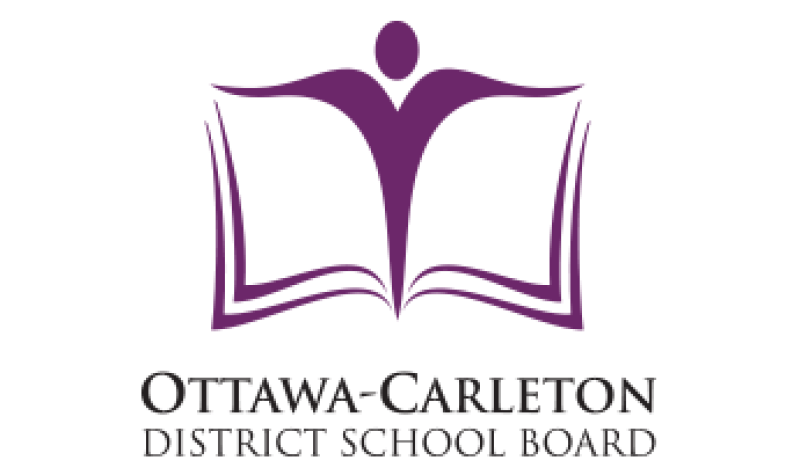The Ottawa-Carleton District School Board (OCDSB) released a statement to ban racial slurs in the classroom on Dec. 1.
"The recent discussions in the media on this topic served as an important reminder of the need for the OCDSB, as an organization, to make it clear that the use of racial or other slurs or epithets has no place in our District – the uttering or writing or use of racial or other slurs or epithets by staff [...] including when reading aloud texts, quoting or teaching course content, is not permitted and cannot ever serve educational purposes. It produces inequities in educational outcomes between targeted and untargeted student groups and results in harm. All staff have an obligation to intervene and respond sensitively if they hear racial or other slurs or epithets uttered or used by others," the OCDSB statement reads.
Faith Aqiqi, a Grade 12 student at Woodroffe High school, said while the statement is important, the work is just beginning.
"I'm more than happy that conversations are actually being had but this really isn't where the road ends," says Aqiqi.
Aqiqi has also been a member of the OCDSB Board Black Youth Advisory Council for over a year now.
Although she's glad about the action, she's saddened by the fact that it took this long for the board to begin taking measures. Aqiqi herself has heard classmates and even educators use slurs.
She said she believes students have never felt comfortable to speak up in the past because school officials have never dealt with the problems properly. Aqiqi said this was reinforced by a local incident this fall where a teacher used the N-word at the University of Ottawa. She hopes that other school boards across the province, country and even around the world, take note and make changes to ensure students feel safe in their classrooms.
In order to advocate for anti-racism, Aqiqi says her school has implemented an ambassador team. The team consists of a group of students from Grades 10-12 who will be working to set up workshops and interactive platforms for students and their families.
"I think it's important for adults, superiors and, most importantly, my school board, just to know that, youth are 10 times more likely to open up and thrive in learning environments when they feel safe, when they feel included and especially when they feel understood," she says.
"Our society needs to understand that our society needs to understand that we have to get uncomfortable in order to be comfortable, and that's really how we're going to find unity, diversity and celebrate our differences," Aqiqi adds.
According to the statement issued by OCDSB, the School Board Code of Conduct, and the Antiracism and Ethnocultural Equity procedures, are being updated to reflect this directive. The OCDSB’s Program and Learning department is also working in partnership with other departments who will be creating an instructional resource guide together to support educators in teaching an inclusive program for each student including the selection of texts that represent diverse viewpoints, realities and guidelines.


